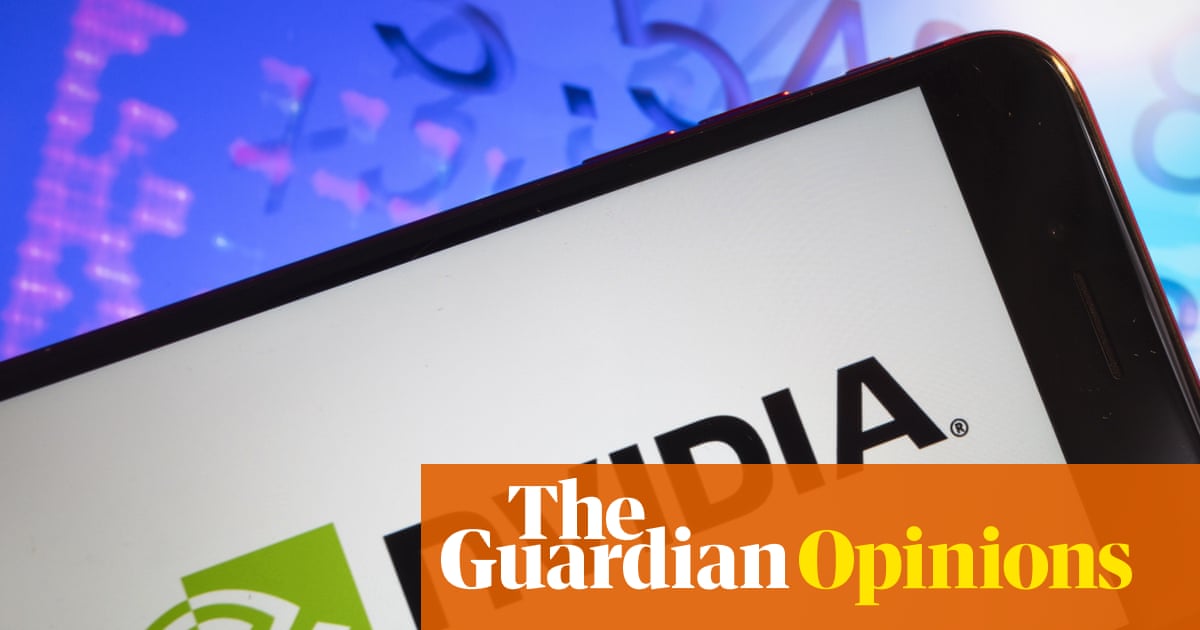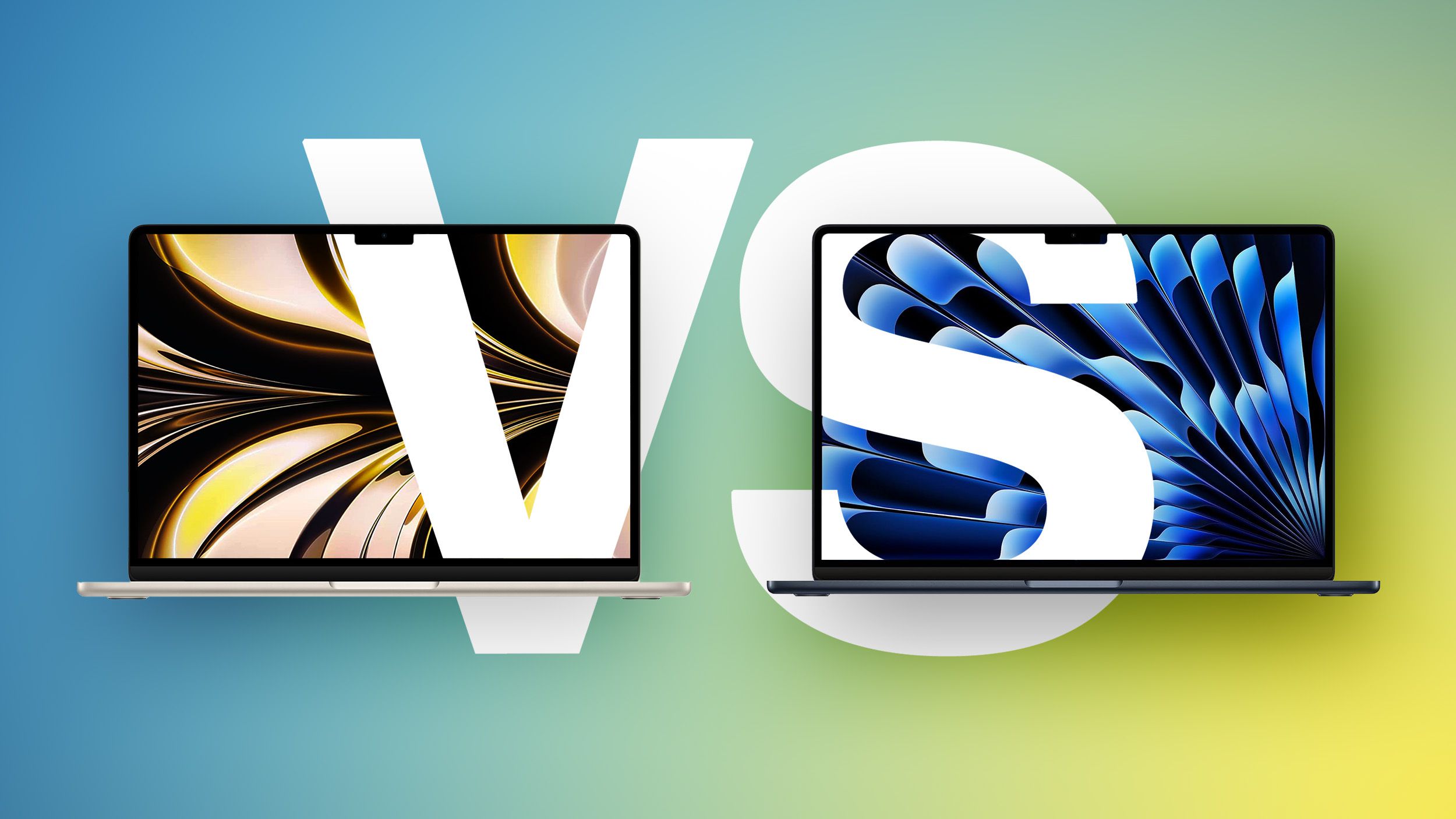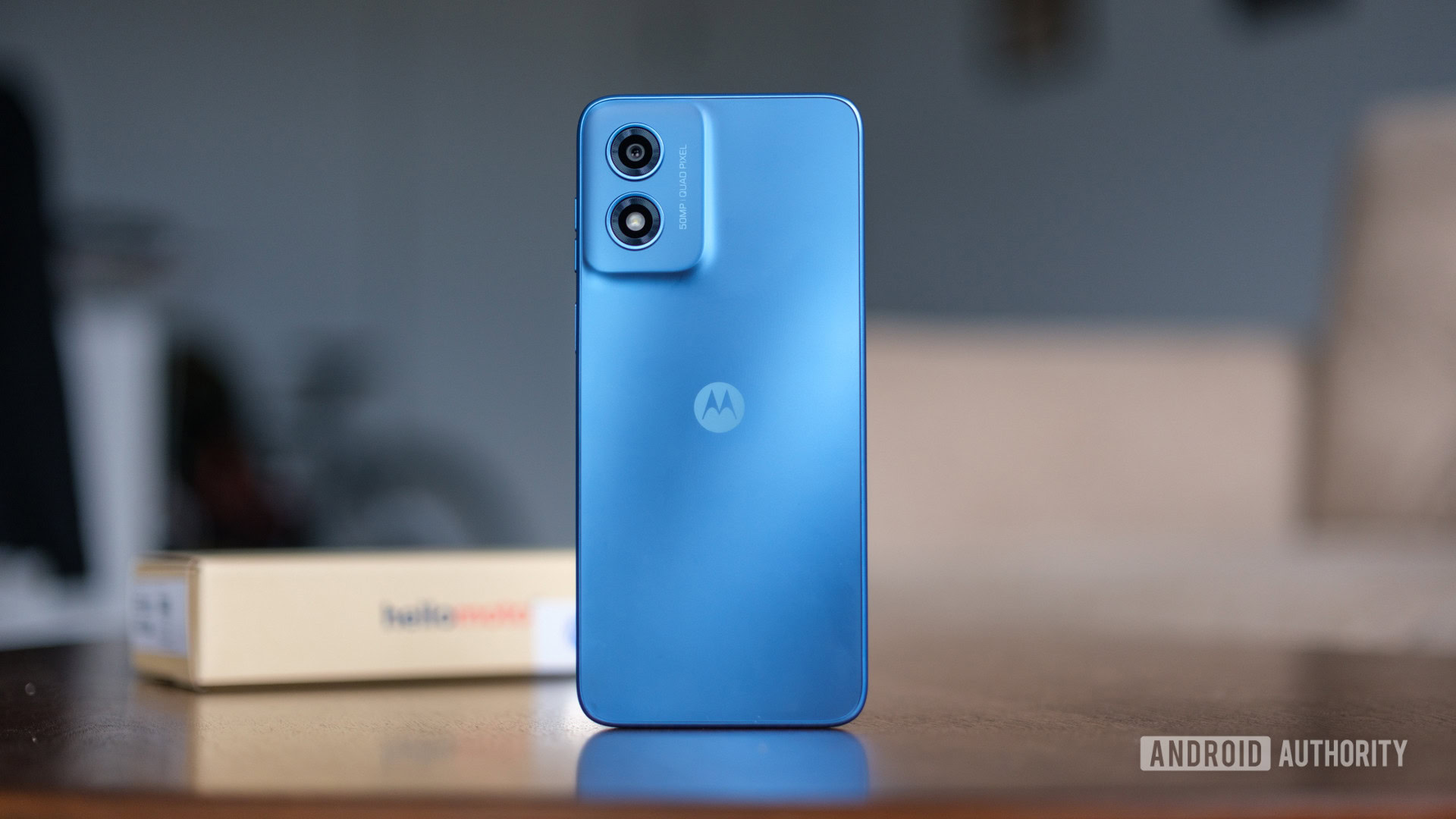There are growing fears of an imminent stock market crash – one that will transform from a dip to a dive when euphoric headlines about the wonders of artificial intelligence begin to wane.
Shares in US tech stocks have fallen in recent weeks and the prospect is that a flood of negative numbers will become the norm before the month is out.
It could be 2000 all over again, and just like the bursting of the dotcom bubble it may be ugly, with investors junking businesses that once looked good on paper but now resemble a huge liability.
Jerome Powell, the Federal Reserve chair, is one of the policymakers tasked with keeping the wolf from the door. Speaking on Friday at the annual Jackson Hole gathering of central bank governors in Wyoming, he tried to calm nerves.
He said the Fed was concerned about rising inflation, while at the same time willing to help an economy dogged by uncertainty induced by Donald Trump and a global economic slowdown.
With stagflation a genuine prospect – as the US economy slows and inflation remains high – Powell gave stock markets a sign that interest rates will fall, easing the pressure on indebted companies.
Stock markets are on Powell’s radar even more than usual now that so many personal pensions in the US are directly invested in listed companies. And, more particularly, tech stocks making huge AI investments that have yet to make a dollar of profit.
A recent Massachusetts Institute of Technology report revealed that 95% of companies investing in generative AI have yet to see any financial returns.
This revelation came after Sam Altman, the boss of the ChatGPT owner OpenAI, warned that some company valuations were “insane”.
Ipek Ozkardeskaya, a senior analyst at the currency trading firm Swissquote, said: “The [Altman] comments may have been a wake-up call for investors, sparking a sharp pullback in high-flying names.”
At the beginning of the week, the share price of the data mining and spyware firm Palantir, which has billions of dollars worth of US government contracts, plunged almost 10%. The AI chip maker Nvidia fell more than 3%, while other AI-linked stocks such as Arm, Oracle and AMD also lost ground.
Most pension funds will be invested in these tech companies, alongside more longstanding names such as Amazon, Microsoft, Alphabet (Google) and Meta (Facebook).
Should fund managers pull out? That would probably be unwise.
The scale of investment in AI by the likes of Google and Meta is vast and while the technology’s potential is the subject of much speculation, white-collar workers are becoming more familiar with the supposed benefits with every passing day.
Corporate messages asking them to use AI for presentations, report writing and research are a daily occurrence (accompanied, of course, with hollow assurances that job cuts are not being considered).
after newsletter promotion
Microsoft’s Copilot and the many other “helpful” AI tools on offer are becoming embedded in office life and beginning to perform large numbers of low-level tasks.
If this trend takes off, and in many parts of the economy it already has, there is a soft landing waiting for the tech industry even as some of the flakier, more speculative businesses are weeded out and fail.
If anything, a downturn helps the big firms pick up new technological breakthroughs from the wreckage and on the cheap.
Palantir’s price-to-earnings ratio is north of 500 when most investors would find themselves getting panicky at anything above 50. Nvidia has a price-to-earnings ratio of 56.
The Palantir/Nvidia ratios could decline as their share price falls more into line with a reasonable prospect of likely earnings, but the businesses are not going to go bust, even in the most severe equity market storms.
Trump is another significant supporter, clearing the path for AI to make even deeper inroads into corporate life. His support for cryptocurrencies, including his own, and deregulated social media platforms, including his own, are indications of where his sympathies lie.
AI is probably going to be bad for humanity, given that politicians and regulators are light years behind the tycoons and tech magnates backing AI, many of whom see it as a new way to disempower and dominate workers.
However, as an investor, AI isn’t going away, crash or no crash.









